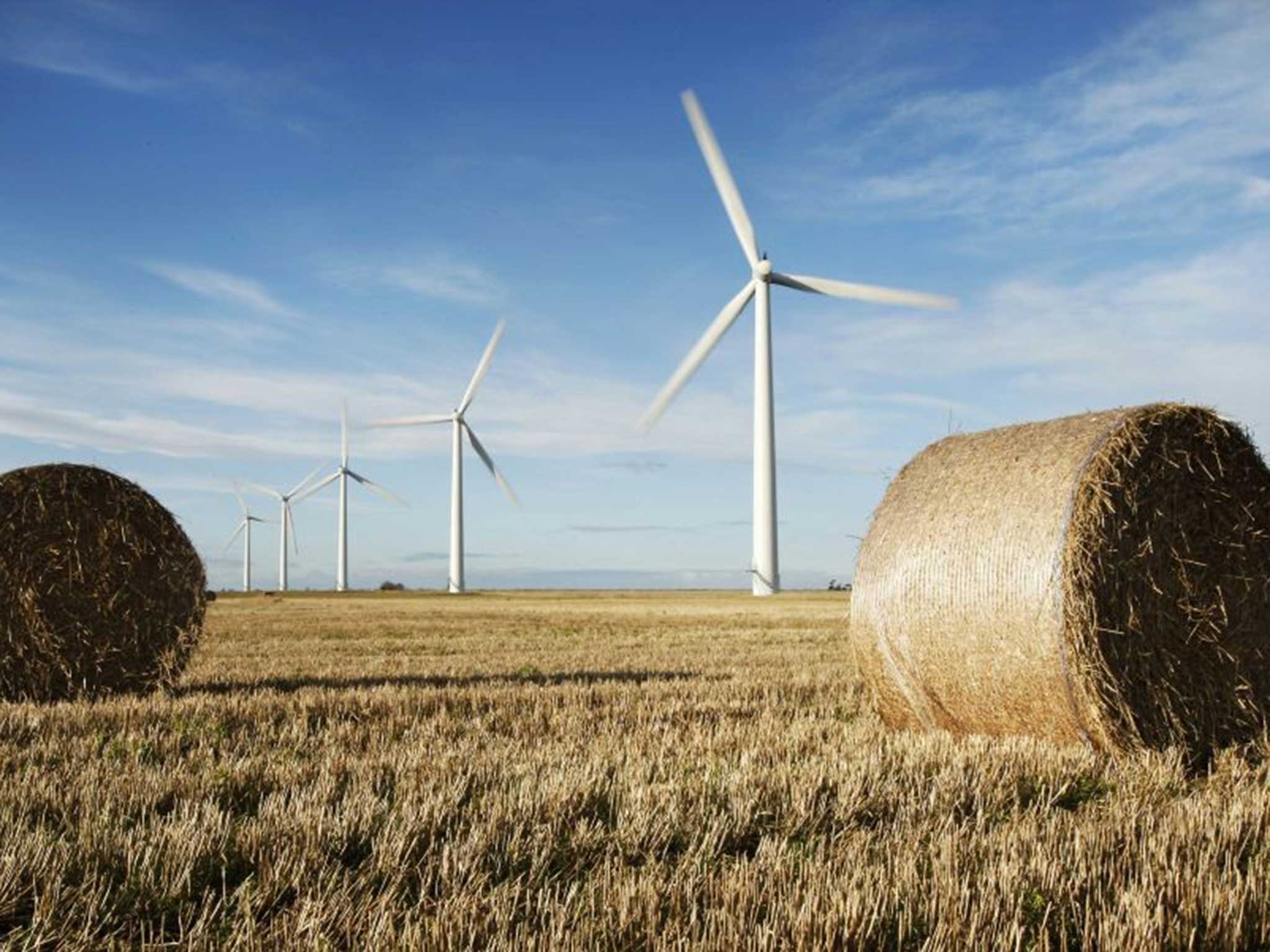Britain 'faces blackouts' unless green balance improves, leading engineer warns
Fears the UK's ageing fleet of gas-powered plants will not be able to cope when wind levels are low

Your support helps us to tell the story
From reproductive rights to climate change to Big Tech, The Independent is on the ground when the story is developing. Whether it's investigating the financials of Elon Musk's pro-Trump PAC or producing our latest documentary, 'The A Word', which shines a light on the American women fighting for reproductive rights, we know how important it is to parse out the facts from the messaging.
At such a critical moment in US history, we need reporters on the ground. Your donation allows us to keep sending journalists to speak to both sides of the story.
The Independent is trusted by Americans across the entire political spectrum. And unlike many other quality news outlets, we choose not to lock Americans out of our reporting and analysis with paywalls. We believe quality journalism should be available to everyone, paid for by those who can afford it.
Your support makes all the difference.Britain risks widespread electricity blackouts unless it improves the network's ability to balance intermittent supply from renewable energy sources, a leading engineer has warned.
The UK is legally bound to produce nearly a third of its electricity from renewable sources such as wind and solar by 2020, requiring a large number of rapidly deployable gas-fired power stations to be on standby to pick up the slack at times when the sun and wind are insufficient.
Hugh Sharman is an engineering consultant who worked on a government-commissioned, but unpublished, report looking at how to keep the lights on in the face of soaring renewable energy use. He warned that Britain's ageing fleet of gas-powered plants will not be able to cope with the task of rapidly "balancing" the country's electricity supply when wind levels are low.
Mr Sharman is involved in a project to develop a new flexible gas-fired power plant but insisted his advocacy of the technology is unconnected to his commercial interests. Rather, he said, his research helped him identify the opportunity. Nor was he the only author of the report presented to the Department for Energy and Climate Change (DECC) last year, which was commissioned by the government and carried out by engineering consultant Mott MacDonald.
A DECC spokesperson said: "The lights will not go out. National Grid already has reserve capacity in place to ensure the system can balance and has recently announced it will procure more capacity."
Join our commenting forum
Join thought-provoking conversations, follow other Independent readers and see their replies
Comments